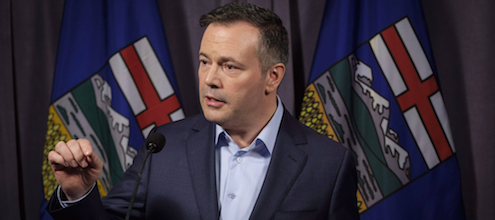
New Brunswick embraces carbon pricing; it should choose wisely
Climate and Energy Cap-and-trade Carbon Pricing Carbon tax Ecofiscal Commissioners Polluter Pay Provincial Policy Revenue RecyclingLast week, in response to the results of the federal election, New Brunswick Premier Blaine Higgs announced he would look at options for implementing a carbon price in his province. It’s a policy shift that embraces a core principle of the Pan-Canadian Framework: provinces creating their own, tailored approach to pricing carbon. A made-in-New-Brunswick approach […]





